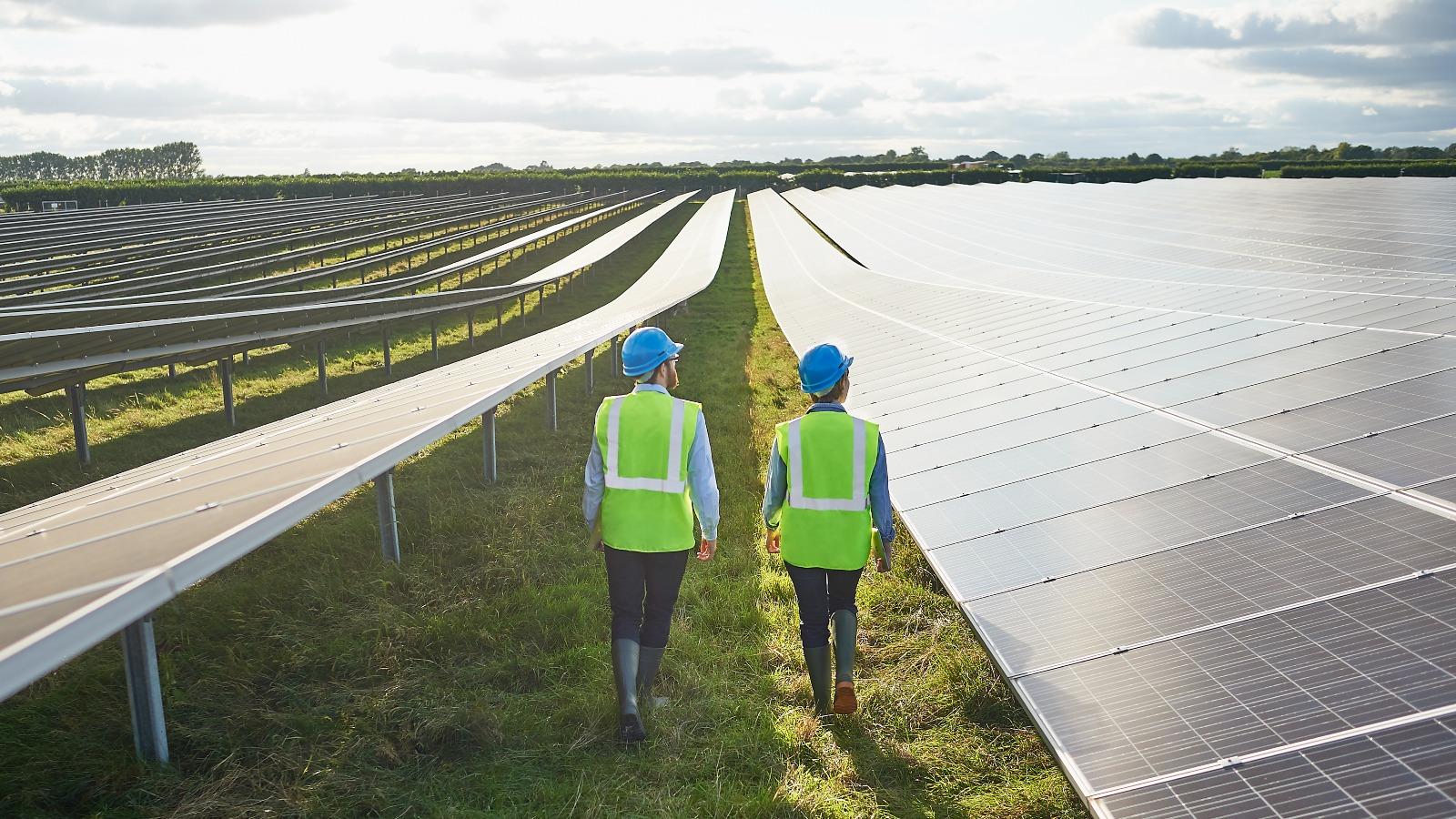Sustainability Reporting in Australia - a tipping point
To learn more, download the full report:
Investor perspectives on sustainability integration
While regulation of sustainability reporting accelerates around the world, investors are weighing in.
According to PwC’s 2023 Global Investor Survey, investors are pressing to understand how companies incorporate sustainability considerations into their strategic decision-making, risk management, and financial statements. They want to know how a company’s sustainability plans align with its business model and, ultimately, its prospects for creating long-term value.
Arguably, investors are driving the bar higher on sustainability reporting standards. They want clearer, more consistent and more comparable information on the material issues facing companies.
ASX 200 sustainability reporting trends
It’s clear: more investors are recognising the rising significance of climate change risk and its potential implications for the financial performance of companies in which they invest.
So how are Australian companies responding to what investors want?
Our analysis reveals that ASX 200 companies are taking positive strides to address investor concerns about climate change impacts on corporate strategy and future company prospects. Additionally, the results indicate that there’s been a significant jump in the proportion of ASX 200 companies preparing standalone climate change reports, which typically offer insights beyond what is feasible to include in an annual report on elements recommended by the TCFD framework.
Challenges and opportunities
ASX 200 company directors are arguably facing the most significant change to reporting obligations since the implementation of the International Financial Reporting Standards (IFRS).
While this new wave of change is marked by the complexity of identifying, measuring, recognising, and disclosing a company’s climate-related risks and opportunities, the end goal is the same: restoring and maintaining investor confidence.
The draft Australian Sustainability Reporting Standards represent a more prescriptive approach compared to previous reporting frameworks, which in some ways is reassuring for businesses in the consistency it will encourage. However, given the scale of the proposed task, they introduce a fresh set of complex challenges, including:
Timing and adoption
Estimates and forward-looking information
Climate scenario analysis
Connectivity with financial statements
Reporting model, systems and capability
- Assurance
As Australia joins the world in galloping towards mandatory sustainability reporting, organisations must quickly adapt to meet the twin challenges of investor and regulatory expectations. To discover practical strategies for preparing your organisation for mandatory sustainability reporting in Australia, check out the full report.
Sustainability Reporting in Australia - a tipping point
To learn more, download the full report:
Contact us



Contact us















